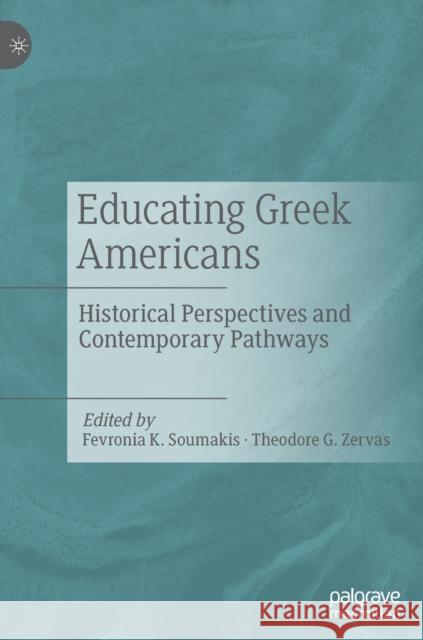Educating Greek Americans: Historical Perspectives and Contemporary Pathways » książka
topmenu
Educating Greek Americans: Historical Perspectives and Contemporary Pathways
ISBN-13: 9783030398262 / Angielski / Twarda / 2020 / 188 str.
Kategorie:
Kategorie BISAC:
Wydawca:
Palgrave MacMillan
Język:
Angielski
ISBN-13:
9783030398262
Rok wydania:
2020
Wydanie:
2020
Ilość stron:
188
Waga:
0.50 kg
Wymiary:
21.01 x 14.81 x 1.91
Oprawa:
Twarda
Wolumenów:
01
Dodatkowe informacje:
Wydanie ilustrowane











